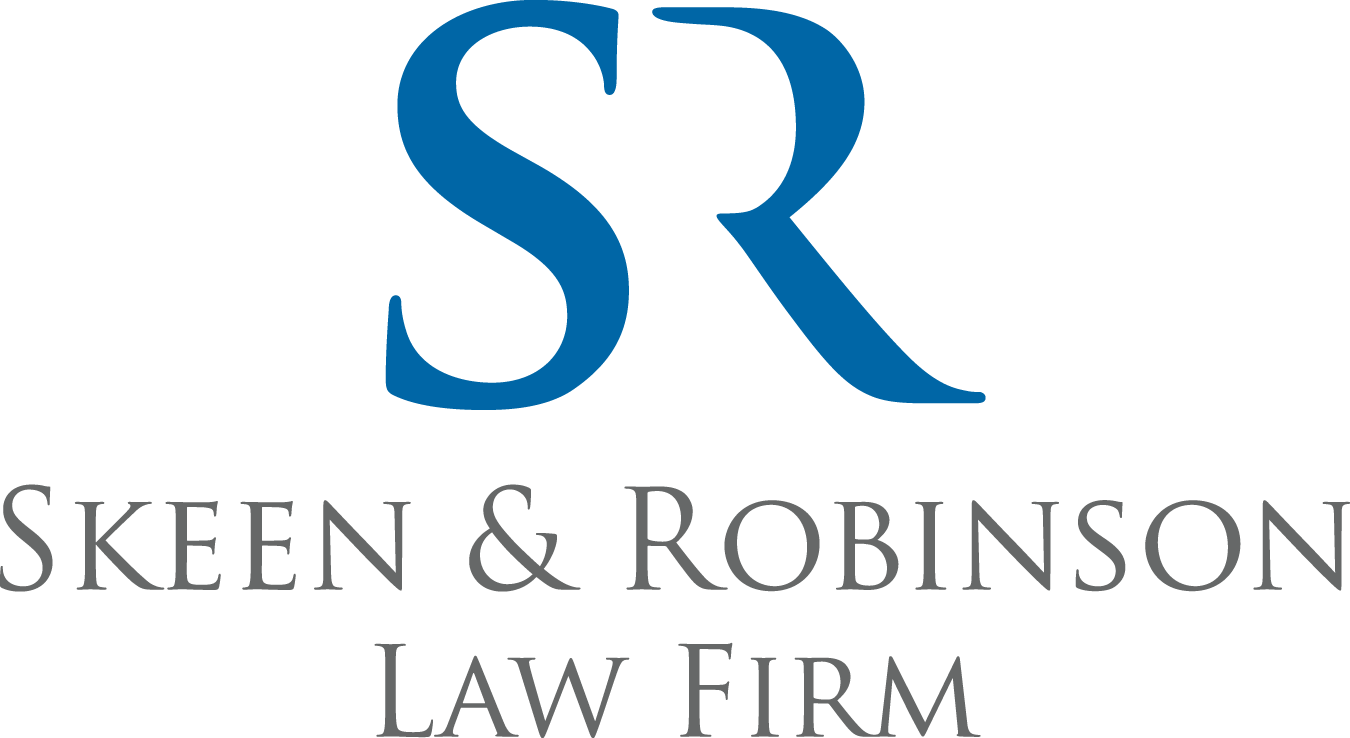
Pretrial Hearings
In the criminal justice system, most case outcomes are chosen before the case even goes to court. This will usually occur at a pretrial hearing. During a pretrial hearing, the plaintiff, defendant, judge, and lawyers will meet with the common goal to solve some parts of the case. Oftentimes during the pretrial hearing, the defense and the prosecutor will re-negotiate a plea agreement. When this happens, the case will not even go on to court.
In a pretrial hearing, you want to have a skilled and compassionate lawyer on your side. Skeen & Robinson will stand by your side and help manage your case and situation. We can discuss and your case to best benefit you. We want to help you receive the best outcome. Call us today at 801-266-7414 to set up a free and confidential consultation.
The Pretrial Hearing Process
During a pretrial hearing, your defense attorney and the prosecutor will help shape your case by filing motions. These motions can range from whether or not a specific person can testify, to dismissing any evidence that is deemed unnecessary. The outcome of a pretrial hearing will depend on how severe the crime you are being accused of actually is. During the pretrial hearing process in a criminal case, the judge will explain several things to you, along with creating boundaries for the case if it does end up going to court.
The judge will explain:
- The charges you are facing
- Your rights
- The possible penalties you face
- Bail, release, or custody regulations and possibilities
Once the judge explains all of the above, the prosecutor and your defense attorney will talk about the case. It is at this point in time that they both begin filing different motions according to what is best for your case.
Types Of Pretrial Motions
There are several common types of pretrial motions. Pretrial motions are extremely important and will significantly impact the outcome of your case since they legally shape the case and set boundaries if the case does, indeed, continue to trial.
Some of the most common pretrial motions are:
- Exclusion of Witness Testimony: A witness can be left out if they are proven incompetent, or that they pose a particular conflict of interest. For example, if the witness could offer a biased opinion on the case due to a previous relationship with you, they may not be able to testify.
- Summary Judgment: A summary judgment occurs when there is no argument over the case and the judge can easily make a decision without your case going to trial.
- Motion for the Release of Evidence: This motion will occur if the prosecution is suspected of withholding substantial evidence that could be helpful to the defense.
- Motion to Dismiss: This can occur for any number of reasons ranging from insufficient evidence, to no jurisdiction, to an expiration of the statute of limitations. Once a motion to dismiss is accepted, the judge will throw out that particular part of your case.
- Exclusion of Physical Evidence: Evidence can be dismissed from a case if it was not obtained legally or in accordance with the parameters set in the search warrant.
- Motion for Discovery: Your defense attorney will ask the prosecutor to reveal the evidence they plan to use against you in court. This can be helpful to your attorney because they could see what the prosecution has in store for the trial, thus giving them the opportunity to come up with strategies to combat the prosecution’s clams.
- Motion to Change Venue: A change of court typically happens in cases that are receiving substantial publicity. This can also occur if the court is held in an area where the jury could potentially be biased.
Schedule A Confidential Consultation
We offer a no-obligation consultation for you to discuss the details of your case openly. Use the online contact form or call 801-266-7414 to meet with the firm's highly qualified Utah criminal defense and malpractice attorneys. The firm is located in Salt Lake City at 5788 South 900 East, and represents clients in northern Utah. Our track record is evidence of our ability to produce positive results in high-pressure situations.
